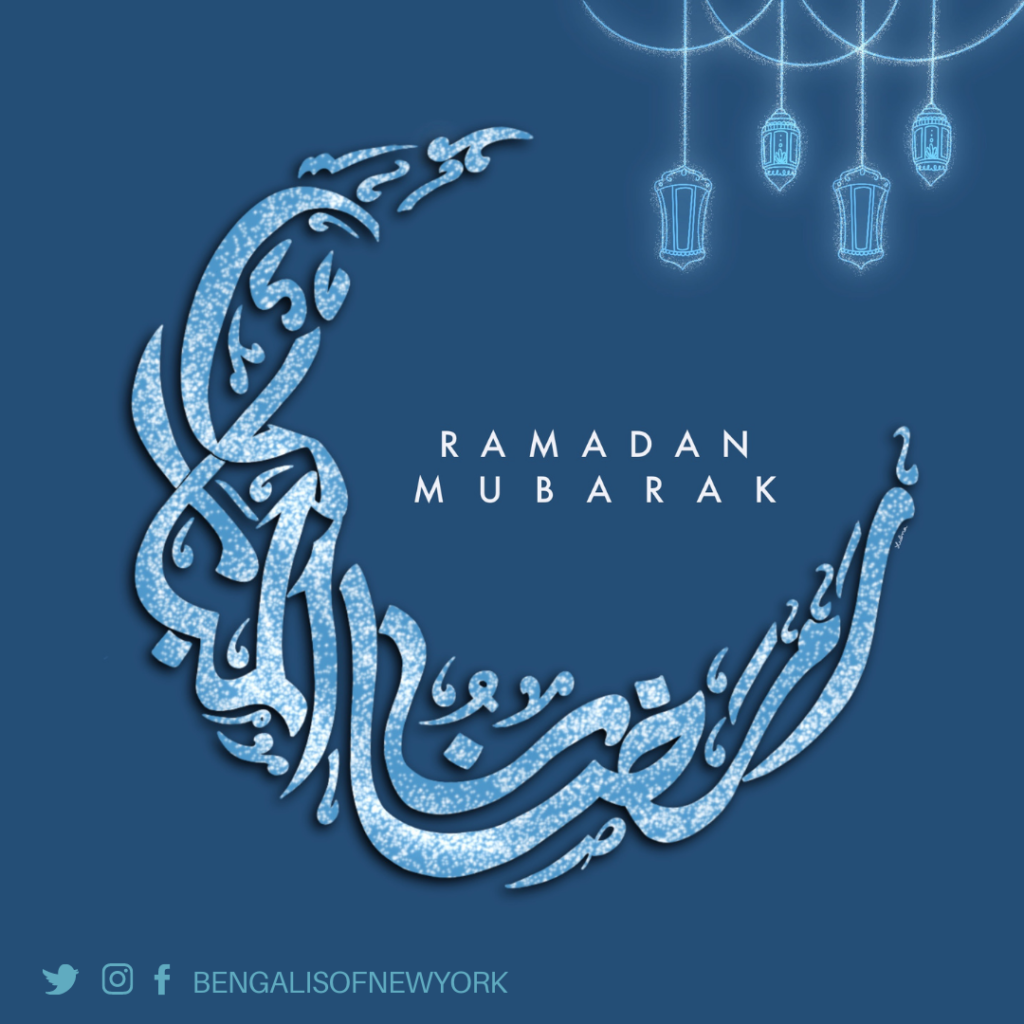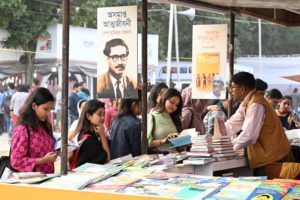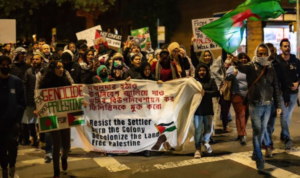How Muslims Celebrate Ramadan Around the World

Growing up in Kensington, Brooklyn in a predominantly Bangladeshi building, my Ramadans were an amalgamation of culture, faith, and history. I, along with other children in the building, would deliver iftar (the meal eaten to break the daily fast) to each other’s families, roaming up and down the stairs with plates of beguni (fried eggplant), aloor chop (potato croquettes), chola, (spiced chickpeas), and an array of homemade sweets.
The aunties in the building were from different regions—one was even a non-Muslim from Kolkata—and it truly was a community of Bengalis showing their love, appreciation, and warmth in the most sincere way they knew how: food.
Sharing food with friends and neighbors is also a common practice in Bangladesh, where the monthlong festival is observed through gatherings, Quranic recitations, charity, gift-giving, and shopping ahead of Eid al-Fitr, the holiday that marks the end of Ramadan. I was curious about unique ways Ramadan is celebrated throughout the world. Here are some of the most interesting customs I found:
Indonesia
Across Indonesia, Muslims conduct different rituals to “cleanse” themselves on the day before Ramadan. In Central and East Java, several areas keep a purifying tradition called padusan (“to bathe” in the Javanese dialect), in which Javanese Muslims plunge themselves in springs or even pools, soaking their bodies from head to toe.
Padusan is a testament to the synthesis of religion and culture in Indonesia. Springs hold deep spiritual significance in Javanese culture and are an integral part of purification for the holy month.
Egypt
In many countries across the Middle East, cannons are fired daily during the month of Ramadan to signal the end of the day’s fast. This tradition, known as midfa al iftar or Haja Fatma, is said to have begun in Egypt over 200 years ago when the country was governed by Ottoman ruler Khosh Qadam. While testing a new cannon at sunset, Qadam accidentally fired it, and the sound that reverberated throughout Cairo prompted many civilians to assume that this was a new way to signal the end of the fast. Many thanked him for his innovation, and his daughter, Haja Fatma, urged him to make this a tradition.
The practice made its way to many countries across the Middle East including Lebanon, Saudi Arabia, and the UAE.
United Arab Emirates
Often compared to the western custom of trick-or-treating, the tradition of haq al laila takes place on the 15th of Sha’ban, the month before Ramadan. Shared by many countries across the Gulf, this day sees children roaming their neighborhoods dressed in bright clothing, collecting sweets and nuts in tote bags known as kharyta – all while singing local traditional songs. The chant Aatona Allah Yutikom, Bait Makkah Yudikum, which translates from Arabic to “Give to us and Allah will reward you and help you visit the House of Allah in Mecca,” reverberates through the streets as children excitedly collect their bounty.
In the United Arab Emirates, this celebration is considered integral to Emirati national identity. In today’s often isolated and individualistic society, this custom offers a return to simpler times and highlights the importance of strong societal bonds and family values.
Morocco
During Ramadan, Morocco’s neighborhoods are roamed by the nafar, a town crier who, donning the traditional attire of a gandora, slippers, and hat, marks the start of dawn with his melody. Selected by the townspeople for his honesty and empathy, the nafar walks down the street while blowing a horn to wake them up for suhoor (or sehri), the pre-fast meal.
This tradition, which spread across the Middle East to Morocco, dates back to the seventh century when a companion of the Prophet Muhammad would roam the streets at dawn singing melodious prayers.
Iraq
In the early evening after breaking their fast, generations of people across Iraq come together for a traditional game of mheibes. Predominantly played by men during Ramadan, this game involves two groups of about 40 to 250 players who all take turns to conceal a mihbes, or ring.
A game of deception, mheibes begins with the team leader holding the ring, his hands draped in a blanket. The other members must sit with their fists tight in their lap, as the leader passes the ring to one of the other players in secret. In a tense exchange, their opponents must determine which of the dozens of men holds the ring through body language alone.
Though the exact origins of the game are unknown, it has profound cultural and historical value. Decades ago, the Iraqi government would organize communitywide games, hosting hundreds of participants and bringing together locals from across the country. Although this state-sponsored practice was halted during wartime and feared lost, mheibes has made a return in recent years, as individual community members continue to pass on the tradition.
What unique Ramadan tradition does your family or community have?
Ramadan Mubarak! Ramadan Kareem!
Read More
The Legacy of Boi Mela
Every year in February, the month-long national book fair welcomes...
Read MoreMillennial Amma: How to Explain a Global Crisis As a Parent
Rumki Chowdhury shares tips for how to talk to children...
Read MoreBegum Rokeya’s Millennials
A tribute to a pioneering Bengali feminist writer, educator and...
Read More



